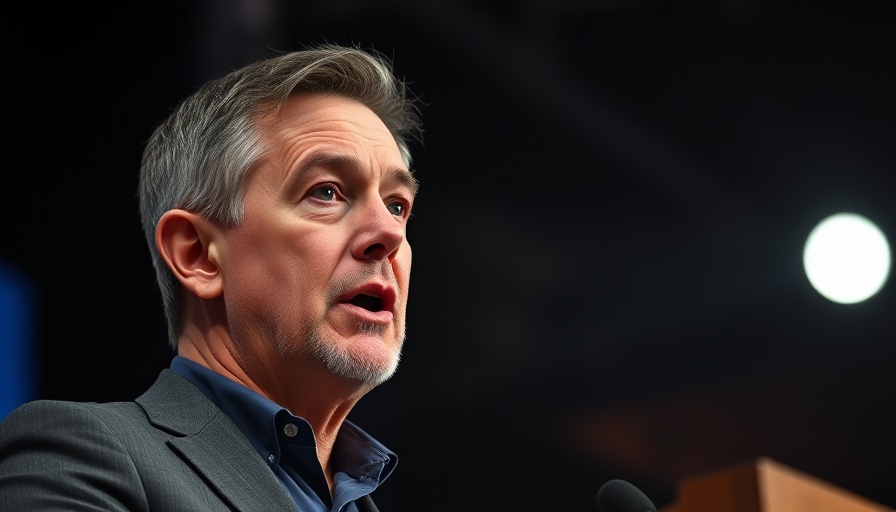
Understanding Worldview Development in Schools
In today's diverse educational landscape, parents often grapple with the challenge of shaping their children's worldview, especially when sending them to public schools. It's essential to recognize that children absorb values, beliefs, and perspectives from their educational environment. Understanding this can empower parents to take proactive steps in steering their children's worldview positively.
In 'How to Guard Your Child’s Worldview in Public School', the discussion dives into effective methods for parents to influence their children's worldview, exploring key insights that sparked deeper analysis on our end.
Assessing School Quality: The First Step
The journey toward safeguarding your child's worldview begins with evaluating the quality of the public school they will attend. Investigating the school's academic reputation, teacher qualifications, and curriculum choices is crucial. Engaged parents can discern whether the school’s environment aligns with their family's values. This evaluation offers a foundational understanding of how your child may be influenced in their formative years.
Textbooks and Curriculum: A Window into Worldviews
Another crucial element is examining the materials being used in the classroom. What textbooks and resources are provided? Schools often have broad latitude in determining their curriculum, and these choices can subtly shape students’ perspectives. By reviewing this material, parents can identify ideals that either resonate or conflict with their faith and beliefs. It’s not just about academia; it’s about the ideological framework presented to your child.
Engagement: The Key to Influence
Involvement is pivotal in managing a child's worldview. Parents are encouraged to engage actively with the school community. This could mean attending parent-teacher meetings, volunteering for school events, or even participating in school board meetings when possible. Establishing relationships with educators fosters open lines of communication, allowing parents to express concerns and preferences concerning various instructional practices or school policies. In essence, your presence and engagement can actively shape the educational narrative in ways that protect and nurture your child’s worldview.
Building Relationships: A Collaborative Effort
Schooling is a partnership. Building strong relationships with teachers and administrators means you can effectively communicate your expectations and concerns. A positive rapport can lead to collaborative efforts in promoting values within the school that are consistent with your family's beliefs. When educators understand your values, they can often adjust their approaches to support your family’s worldview while respecting the diverse beliefs present in a public school environment.
Balancing Faith and Education
Christian parents, in particular, may find themselves navigating a challenging landscape when it comes to public education. Balancing faith with educational choices requires strategy and intention. Families must continuously provide their children with enriching conversations about faith, morality, and worldview both in and out of school. Regular family discussions about daily experiences in school can reinforce their beliefs and enhance their understanding of two sometimes opposing perspectives.
Common Misconceptions: What You Need to Know
It is a common misconception that sending children to public school inherently means they will be indoctrinated with beliefs that are counter to their family's faith. While this is a valid concern, proactive engagement offers a counter-narrative. It's essential to recognize that children are capable of critical thinking, and with proper guidance, they can navigate shortcomings in their education without compromising their core values.
The Future: Preparing for Challenges Ahead
Looking ahead, parents should be prepared for the challenges of an ever-evolving educational landscape. Understanding trends in educational theory, technology, and societal values will empower parents to better prepare their children for a world that often presents complex moral dilemmas. Creating a secure environment at home that encourages open dialogue will be invaluable in setting your child up for success in navigating their worldview in the years to come.
Being proactive in managing your child's worldview in public school is not merely an option; it’s a necessity for every dutiful parent. With awareness, engagement, and open communication, you can foster a robust worldview in your children that is resilient against external influences.
If you're feeling inspired to take a proactive role in your child's education and worldview formation, consider attending local school board meetings or community discussions to learn more about your local school environment and how you can influence it positively.
 Add Row
Add Row  Add
Add 








 Add Row
Add Row  Add
Add 

Write A Comment